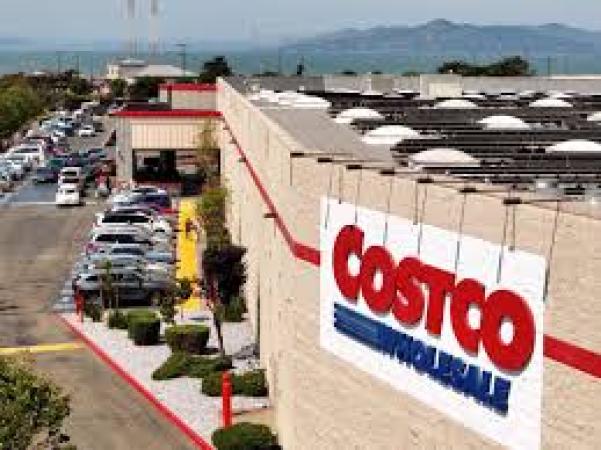Costco reported quarterly earnings and revenue that surpassed Wall Street’s expectations, driven by an 8% rise in sales year-over-year. Despite tariff-related challenges, shares dipped slightly on Thursday. CEO Ron Vachris explained that Costco preemptively expedited shipments before tariffs took effect and redirected goods from countries facing higher tariffs to markets outside the U.S. This approach helped soften the tariff impact on prices.
Costco does not provide an annual forecast, but its third-quarter results included earnings per share of $4.28, slightly above the $4.24 expected, and revenue of $63.21 billion, just above the $63.19 billion forecast. Net income rose to $1.9 billion compared with $1.68 billion a year earlier.
Comparable sales increased 8%, and e-commerce sales jumped nearly 16%, excluding gas and foreign exchange effects. Tariff volatility could benefit Costco by encouraging customers to shop more at the warehouse club for competitive prices and bulk discounts, boosting membership renewals.
About one-third of Costco’s U.S. sales involve imports, with 8% coming from China. CEO Vachris noted Costco’s efforts to mitigate tariff impacts by sourcing more products from countries where tariffs are lower or nonexistent and by focusing on its private label, Kirkland Signature.
While some retailers have raised prices due to tariffs, Costco has absorbed some costs or selectively raised prices depending on product importance. For staples like eggs and butter, prices were lowered, while discretionary items such as flowers saw price increases. The company aims to maintain strong supplier relationships by purchasing in large volumes and limiting product variety, which supports its pricing strategy.
Shares of Costco have risen about 10% so far this year, outperforming the broader market.

